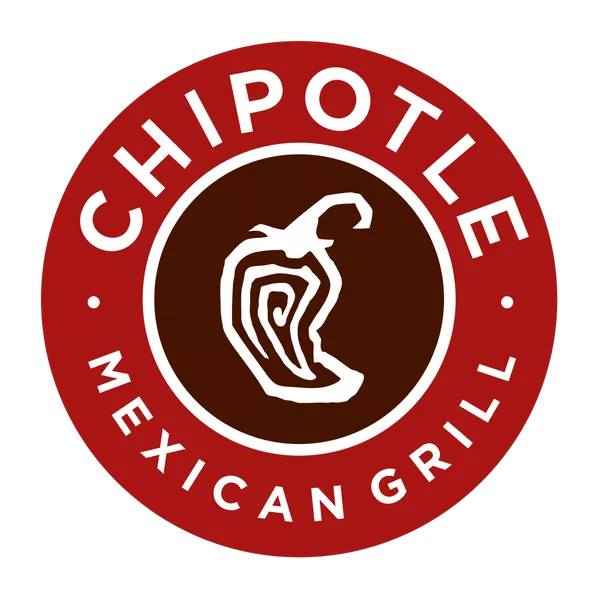Chipotle Customers Report Foodborne Illness Symptoms Online

On Tuesday morning, a Chipotle Mexican Grill location in Sterling, VA was temporarily shut down after receiving multiple complaints from customers about foodborne illness. The closure was so that the location could sanitize the restaurant. This comes after a handful of Escherichia coli, norovirus and Salmonella outbreaks at multiple Chipotle locations in 2015 and 2016.
The complaints were logged on IWasPoisoned.com, a crowdsourcing website where consumers can record illness and symptoms they suspect are a result of dining out. In this particular case, the Virginia Chipotle customers reported instances of diarrhea, fever, nausea and vomiting shortly after dining at the fast food chain.
Here are just a few of the complaints submitted on IWasPoisoned.com:
- “Had lunch with my girlfriend on July 16, 2017 at Chipotle 0777 Sterling, VA. Within 12 hours, we both were very sick. I ended up in the Reston Hospital ER early July 17, 2017, diagnosed with gastroenteritis, vomiting, diarrhea, abdominal pain, and dehydration.”
- “My son ate Chipotle on the evening of Sat July 8, 2017. He had a burrito with white rice, black beans, chicken, corn, sour cream, cheese and guac. Was very sick and vomiting well into Thursday of the next week.”
- “I bought food for myself, and my three children on Friday July 14th. I was sick late Saturday, then all day Sunday. Two of my kids (13, 7) got sick like me. They both had bowls. My other child did not, with a kids meal. Common ingredients to all sick inducing bowls: white rice, black beans, cheese.”
“The reported symptoms are consistent with norovirus,” says James Marsden, Chipotle’s in-house food safety director. “Norovirus does not come from our food supply, and it is safe to eat at Chipotle.”
Marsden also said, "We are working with health authorities to understand what the cause may be and to resolve the situation as quickly as possible,"
In February 2016, Chipotle temporarily closed all locations--more than 2,000 of them--to hold a companywide meeting on employee food safety and to share updated training methods. Since then, the chain has tried many ways to lure customers back, promising a safe food experience.
Norovirus is most commonly spread when food is prepared by an ill individual, someone who does not wash their hands, or when food-contact surfaces are not properly sanitized. Fresh produce can also be contaminated on the farm although it is not as common as kitchen contamination.
More on Chipotle's past food safety issues:
New Campaign Sheds Light on Chipotle’s Improved Food Safety Program
James Marsden Chosen as Chipotle's Food Safety Leader
Sick Employees Prompt Another Chipotle Closing
Chipotle's Virtual Meeting Reveals Latest Food Safety Measures
Chipotle to Close All Restaurants on Feb. 8 to Address Food Safety
Feds Investigating One of Chipotle's Norovirus Outbreaks
CDC Announces New Chipotle E. coli Outbreak
?Chipotle Shifts Gears on Locally Sourced Ingredients
Chipotle's Food Safety Woes Sicken Boston College Students
Chipotle Releases Enhanced Food Safety Program
Chipotle's Pacific Northwest Stores to Reopen After E. coli Outbreak
Chipotle Hit with Lawsuit as More E. coli Cases Emerge
E. coli Outbreak Closes Chipotle Restaurants in Oregon and Washington
Looking for quick answers on food safety topics?
Try Ask FSM, our new smart AI search tool.
Ask FSM →
Sign up for Food Safety Magazine’s bi-weekly emails!
Subscribe to our new podcast: Food Safety Matters!






